Latest Posts

Modeling the Permeability of Composite Reinforcement Materials
Here, we go over how to model the permeability constant of an idealized composite reinforcement material.
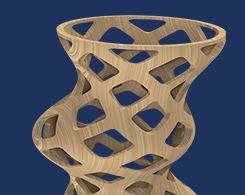
Forming New Ideas with Generative Design in COMSOL®
Pencils were invented in the 16th century and erasers in the 18th century. However, it wasn’t until the 19th century that erasers were attached to pencils in the typical design we know today.

Optimizing Solar Cell Designs with a Simulation App
The SolCelSim app, designed by an MSc student at the University of Zilina, enables researchers to simulate solar cell designs, even if they are unfamiliar with simulation software.

Extracting DNA: From Pumpkins to Mammoths
Here, we go over how to recover DNA from a pumpkin using a simple experiment, as well as how scientists made a recent breakthrough in DNA extraction research.
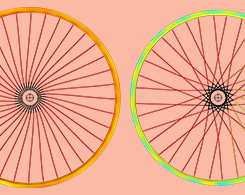
Why Do Road and Mountain Bikes Have Different Spoke Patterns?
Why do some bicycle rims come with warnings? Why do some bicyclists prefer rim brakes? To find answers, we model the forces in a bicycle rim for different brake types and spoke lacing patterns.
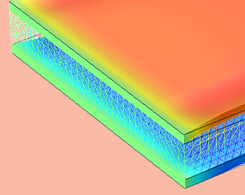
Modeling Piezoelectricity: Which Module to Use?
Acoustics Module, MEMS Module, Structural Mechanics Module: Which one should you use for your piezoelectric device modeling? Get a comprehensive overview of your options here.
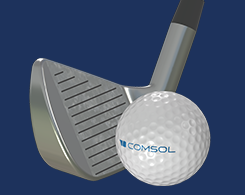
Why Do Golf Balls Have Dimples?
Why do golf balls have dimples? Can I model a golf ball with COMSOL Multiphysics? Can I use simulation to optimize my shot and make a par? Find answers to these questions and more…
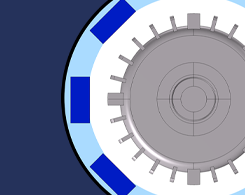
Designing the Sound Absorption of Microlattice Structures
Using numerical simulation, you can design microlattice structures with sound-absorbing properties, and then print them via additive manufacturing without traditional manufacturing constraints.



